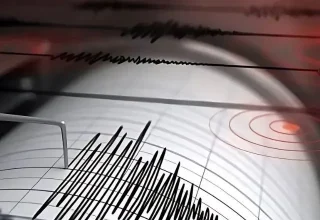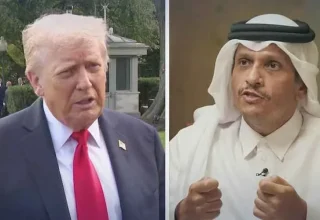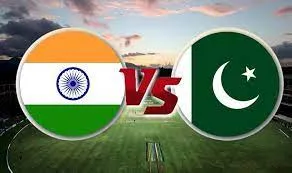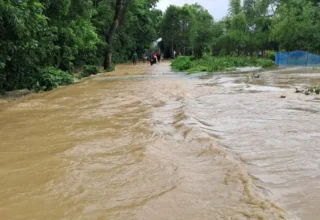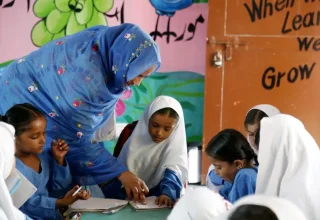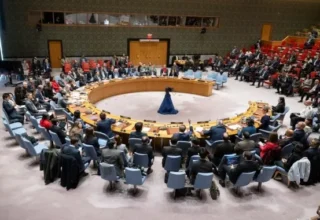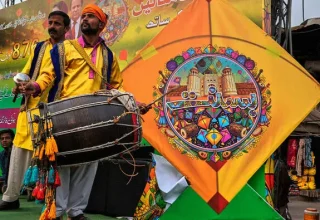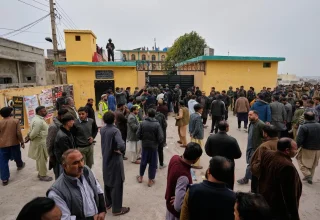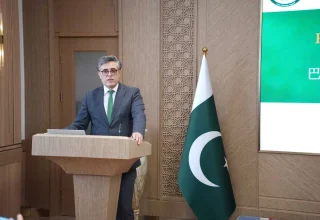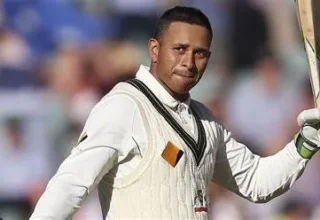
Australian cricketer Usman Khawaja has refused to give a post-match interview to Australian sports radio station SEN following the first day of the opening Test against the West Indies in Barbados.
The move is widely seen as a protest against SEN’s sacking of journalist Peter Lalor, who was removed from the air four months ago over his pro-Palestinian social media posts.
Khawaja, who has also been vocal in his support for Palestinians, has consistently condemned the humanitarian crisis in Gaza, where tens of thousands of civilians have been killed during Israel’s ongoing military operations following the October 2023 Hamas-led attack on southern Israel.
In 2023, Khawaja clashed with the International Cricket Council (ICC) over his attempt to display peace messages on his playing gear, which the ICC deemed “political.”
Peter Lalor, a long-time member of SEN’s commentary team, lost his freelance position during a tour in Sri Lanka after posting messages supporting Palestinians.
SEN’s management argued that Lalor’s posts were distressing to Jewish Australians. In response, Lalor defended his stance, writing, “It is an awful situation. But so is Gaza.”
At the time, Khawaja had publicly supported Lalor, stating, “Standing up for the people of Gaza is not antisemitic nor does it have anything to do with my Jewish brothers and sisters in Australia, but everything to do with the Israeli government’s actions.”
Khawaja was approached by SEN’s on-field commentators Bharat Sundaresan and Adam Collins for the customary stumps interview after scoring 47 runs in a difficult innings. Upon noticing the SEN-branded microphone, Khawaja raised his hand in refusal and walked away.
Neither Khawaja nor Cricket Australia has issued an official statement regarding the incident. Lalor, now covering the series independently, praised Khawaja’s gesture, saying, “Usman is a man of principle whose support I valued greatly when I was dismissed and whose ongoing support I appreciate.”
Khawaja’s silent protest has reignited discussions around free speech, media responsibility, and athletes’ right to support humanitarian causes.















